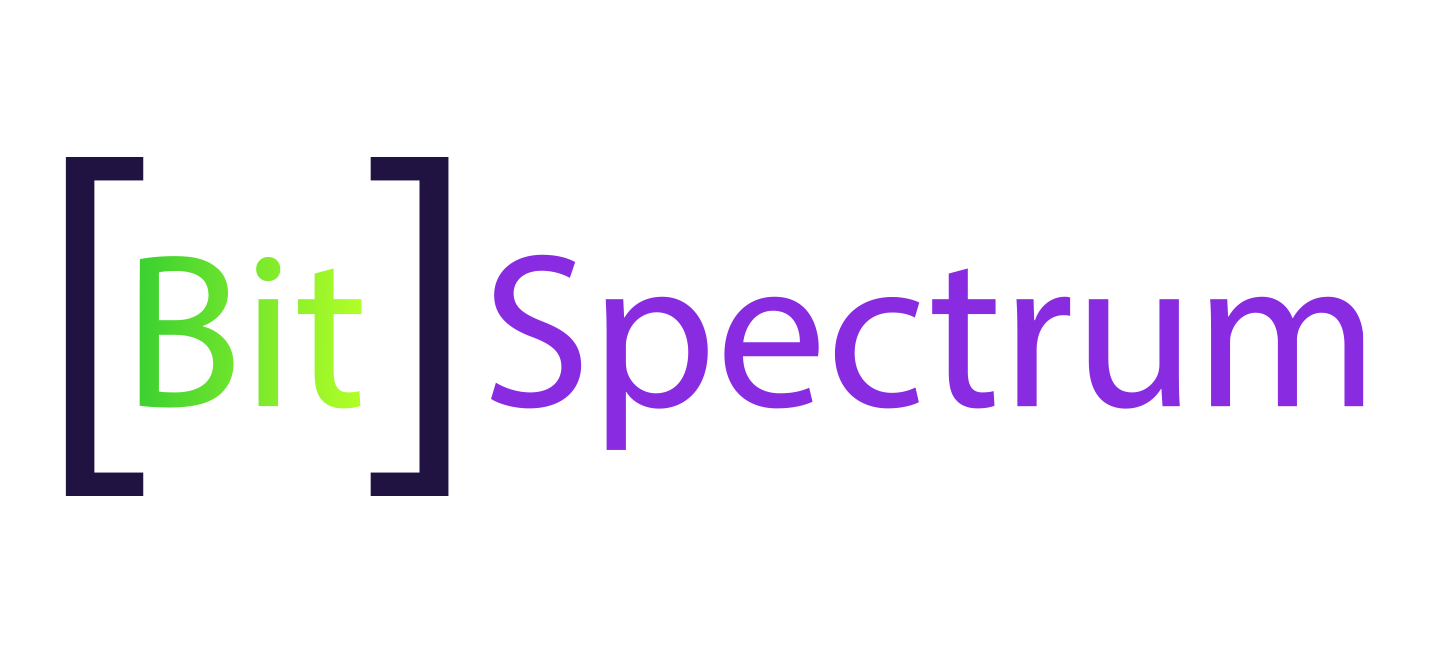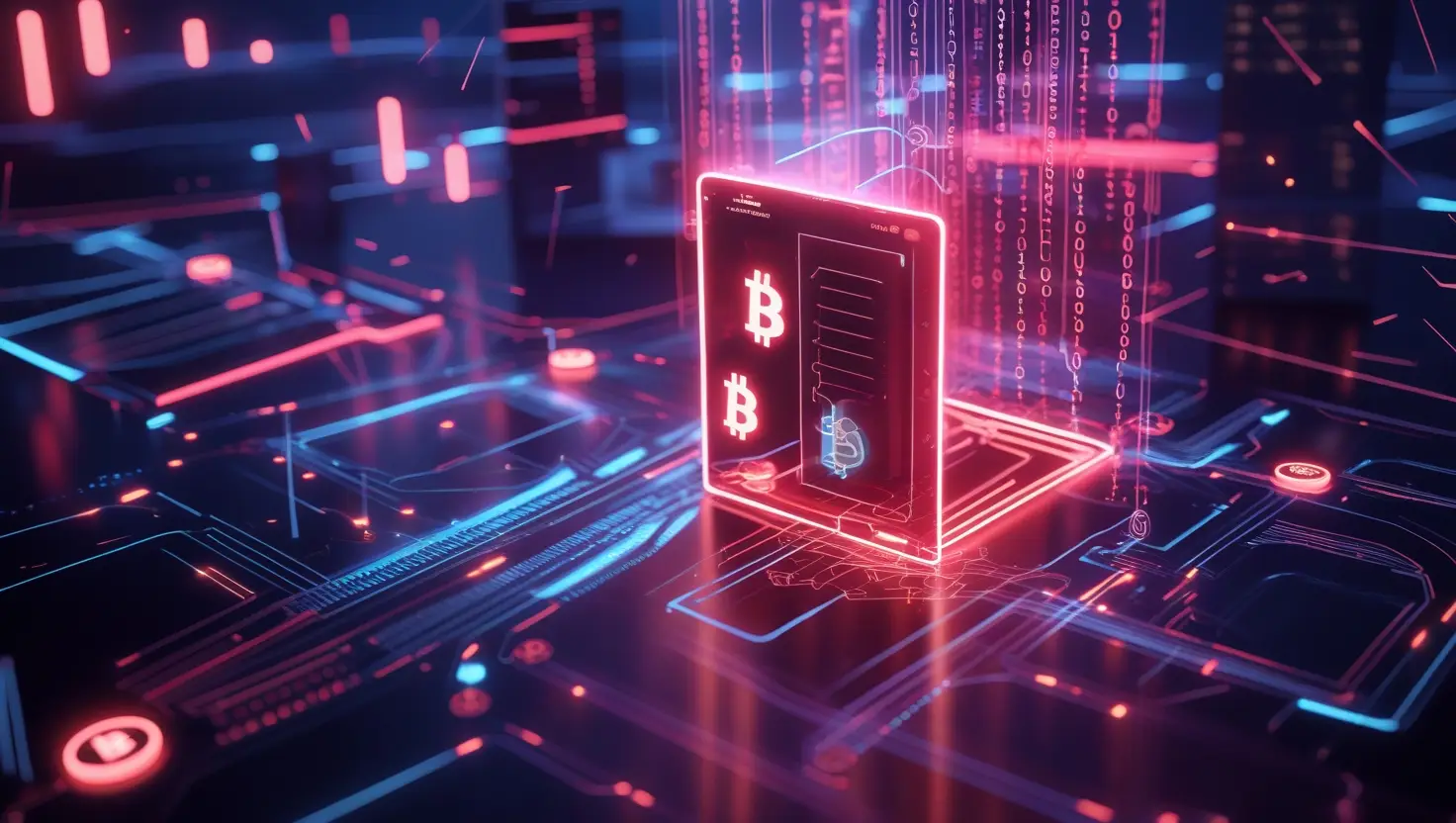Tokenization of financial assets is one of the most revolutionary concepts in modern finance, with blockchain technology enabling unprecedented efficiency, transparency, and accessibility. According to P&S Intelligence, the global tokenization market was valued at $3.5 billion in 2023, with projections to reach $12.6 billion by 2030, advancing at an impressive 20% CAGR. But what does tokenization really mean in the context of financial asset management, and how is it reshaping traditional asset classes such as bonds, equities, commodities, and investment funds? This blog explores the practical applications of tokenization and offers insights into how it is reshaping the financial landscape.
What is Tokenization in Financial Asset Management?
Tokenization refers to the process of converting physical or digital assets into digital tokens stored on a blockchain. Each token represents ownership or a stake in the asset, whether it’s a share of equity, a bond, or even a kilogram of gold. These tokens can be securely transferred and traded, eliminating the need for traditional intermediaries and enabling easier access to high-value assets. The result: a financial system that is more inclusive, efficient, and transparent.
Benefits of Tokenization for Asset Management
Tokenization isn’t just a buzzword; it provides tangible benefits that are transforming financial asset management in meaningful ways:
- Reduced Transaction Costs: By cutting out traditional intermediaries such as banks and brokers, tokenization significantly reduces transaction fees.
- Transparency: All transactions are recorded on a blockchain, ensuring an immutable and publicly accessible ledger that enhances trust.
- Fractional Ownership: High-value assets like real estate and fine art can be divided into affordable units, making investment accessible to a wider audience.
- Speed: Blockchain enables near-instantaneous transactions, a far cry from the days or even weeks required for cross-border asset transfers.
- Security: Blockchain’s cryptographic features ensure all transactions and ownership records are tamper-proof and secure.
Real-Life Applications of Tokenization in Financial Assets
Now that we understand the benefits, here’s a closer look at how tokenization is improving specific types of financial assets:
1. Tokenization of Bonds
Bonds, a staple of traditional financial markets, have benefited greatly from tokenization. Representing bonds as digital tokens optimizes their entire lifecycle, reducing counterparty risks and introducing instant delivery-vs-payment transactions.
- For Issuers: Reduced risks and costs via automation of lifecycle processes like coupon payments and redemptions.
- For Investors: Access to smaller denominations, enabling diversification with minimal capital outlay; greater liquidity in secondary markets.
Example: Matrixdock has tokenized U.S. Treasury bills on the Binance Smart Chain, introducing its Short Term US Treasury Bill Token (STBT). This innovative offering delivers risk-free yields and daily interest rebasing, pegged 1:1 to USD.
2. Tokenization of Equities
Tokenizing equities allows shares in a company to become digital tokens, offering enhanced tradability, flexibility, and transparency.
- For Issuers: Automated dividend payouts and efficient share issuance processes.
- For Investors: Fractional ownership enabling smaller investments in high-value shares; 24/7 settlement enabling transactions any time, not bound by traditional market hours.
The result is a more democratized financial ecosystem, creating broader access to capital markets.
3. Tokenization of Commodities
Commodities, whether gold, oil, or agricultural products, can also be represented as tokens, creating efficiencies in trading and logistics management.
- For Issuers: Real-time traceability and accountability for supply chains; simplified operations with transparency built into the system.
- For Investors: Hassle-free diversification into commodities without the complexities of physical ownership.
Example: Matrixdock’s LBMA-accredited gold token on Binance Smart Chain is backed by high-grade gold stored securely in renowned vaults across Asia. Each token is directly tied to a troy ounce of gold.
4. Tokenization of Investment Funds
Investment funds such as mutual funds, hedge funds, and private equity are gaining accessibility through tokenization.
- For Fund Managers: Better fundraising opportunities by reaching previously untapped markets.
- For Investors: Greater liquidity and lower barriers to entry, even for private equity investments.
Example: KKR’s tokenized Health Care Strategic Growth Fund, facilitated by Securitize, showcases how tokenization grants access to traditionally exclusive financial products.
Broader Impact of Tokenization on Finance
Tokenization represents more than just innovation; it’s the evolution of how financial systems operate. Here are some broader implications:
- Global Impact: Tokenization opens financial systems to individuals and organizations globally, regardless of their geographic location or economic status. It mitigates barriers such as high costs or rigid regulations.
- Environmental and Social Gains: Eco-conscious crypto enthusiasts will appreciate how tokenized markets reduce financial waste and encourage sustainable blockchain technologies. Tokenization could even impact social equality, aligning with ESG (Environmental, Social, and Governance) priorities in finance.
Challenges to Overcome
While the potential of tokenization is enormous, adoption is impeded by regulatory uncertainty, interoperability issues, and the complexities of public understanding. This is where innovative blockchain solutions step in.
Simplifying Tokenization with BNB Chain
Complexity is often cited as a deterrent to tokenization. That’s why BNB Chain is leading the charge to simplify tokenization through robust and accessible solutions.
Solutions Offered by BNB Chain:
- Real-World Asset Tokenization (RWA): Convert physical assets like real estate or commodities into blockchain tokens.
- Company Tokenization: Empower businesses to issue tokens and engage with customers in innovative ways.
- NFT Loyalty Programs: Enhance loyalty initiatives with secure, adaptable NFT-based programs for easy tracking and redemption.
BNB Chain’s expertise and innovative resources make tokenization not only viable but highly effective for companies of all sizes.
Unlock the Future of Finance with Tokenization
Tokenization is reshaping financial asset management and driving transformational change across industries. Whether you’re an institutional investor, a small business owner, or a fintech enthusiast, tokenization is set to redefine how you engage with financial systems. BNB Chain is making this transformation more accessible than ever, offering tools to simplify tokenization and unlock its full potential. From real-world assets to company loyalty programs, your tokenization strategy is just a step away. Are you ready to explore the future of finance? Take the first step by integrating BNB Chain solutions into your operations today.

